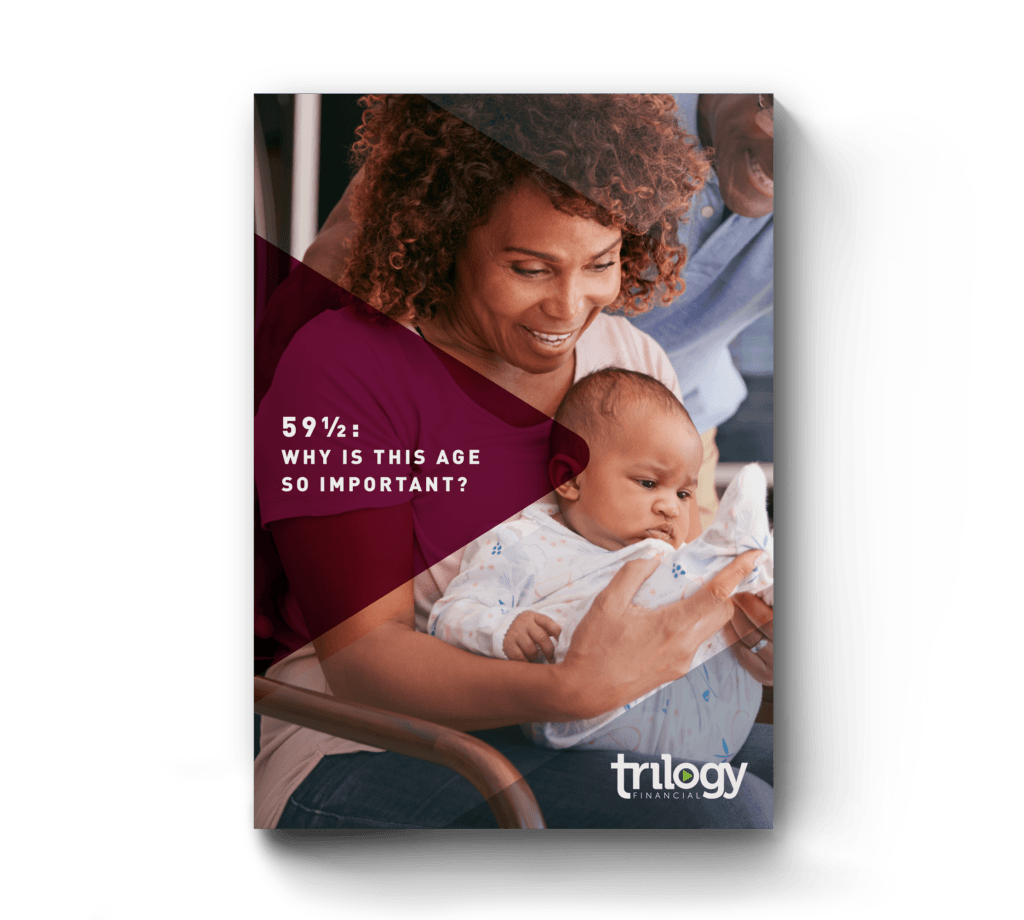In almost every journal entry I write, I include, “I am grateful for…” and list three to four items from my day that reminded me of how grateful I am. Just last night my wife of 10 years, laughed out at loud as she noticed, I had written, “Popcorn” as I enjoyed a bag in the last minutes of the evening after putting our young boys to bed. It is the little things that make life grand, right?
In light of the deep gratitude I experience on a daily basis, here are 8 financial planning action items I’m grateful for. I know my clients feel the same way because of the significant impact these ideas have over time:
- Automatic monthly savings plans into investment accounts.
I am grateful because these plans create structure and commitment.
- The proper 401(k) allocation.
I am grateful to help align risk, time frames, performance, and cost with the fund options available.
- Roth IRAs and Roth 401(k)s.
I am grateful because we are in a historically low tax environment and Uncle Sam has already been paid.
- Intentional and proactive communication with an Advisor.
I am grateful to help eliminate inefficiencies and “leaking out the back door” with surplus cash flow.
- The right insurance solution.
I am grateful for financial reassurance.
- An understanding of where my current savings rate ends up at the end of the road.
I am grateful when I can provide clarity to planning so that my clients know what they are actually saving for.
- An outside, objective, fiduciary perspective.
I am grateful when a client calls asking about a refinance option, a car purchase, or stock options. Even though I don’t directly manage these decisions, they do have an impact on your financial plan.
- Non-retirement investment accounts earmarked for future priorities.
I am grateful when clients can save and grow their money, yet still have access to their funds for that next down payment, big trip, or redoing the kitchen.
Yes, I am grateful for buttery popcorn, but more importantly, I am grateful for the motivation and trust of my clients and business partners.
The opinions voiced in this material are for general information only and are not intended to provide specific advice or recommendations for any individual. To determine what is appropriate for you, consult a qualified professional.


